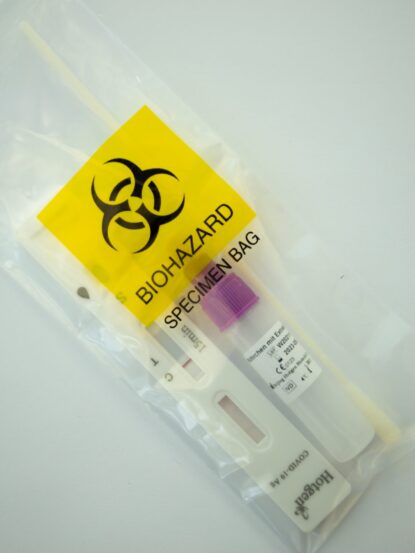
The Top 4 Best Practices for Waste Disposal in Dental Practices
Waste Disposal in a Dental Practice and OSHA — of course, these two things are connected at the hip. Most chemical waste streams generated in a dental office can be managed as non-hazardous waste if proper disposal guidelines are followed.
Part of that exposure control plan in the Bloodborne Pathogen Standard is a section called ‘Housekeeping.’ Housekeeping refers to regulated medical waste and the types of containers that need to be used.
If you hear a description of a “closable container that prevents leakage, labeled appropriately, color-coded, and then closed prior to removal to prevent spillage of the contents during handling” — you’d probably think of your sharps container, right?
Well, those containers aren’t just applicable to sharps!
Best Practices for Waste Disposal in Dental Practices
First things first: Jurisdiction
Who the heck are you answering to when it comes to your Waste Disposal in your Dental Practice? Both the Environmental Protection Agency (EPA) and OSHA have standards for handling dental waste. However, states, counties, and municipalities have their own rules and requirements that you’ll have to go by.
1. Medical waste has to be properly separated and contained.
While the Environmental Protection Agency (EPA) provides some general information regarding medical waste, the requirements for separating medical waste vary by state so be sure to check your local regulations on dental waste disposal guidelines!
2. Used sharps, such as needles, burs, and scalpels are stored separately from other medical waste.
See the articles from the ADA on Sharps Safety, Disposal, and Safe Injection Practices and the Dos and Don’ts for the Safe Handling of Instruments and Sharps for information on handling and disposing of used sharps VS medical waste.
3. Contact your contracted waste handling service for instructions on storing and handling medical waste.
Find out if they can provide approved containers for storing and transporting medical waste and confirm what documentation they’ll provide to confirm that medical waste has been removed from your practice and disposed of in accordance with local regulations.
Your business agreement with the waste management company should include:
requiring the handler to notify you of the waste’s final destination.
Keep all documents from your waste disposal company concerning pick up and disposal in case you need to access that information in the future.
4. No one on staff ever transports medical waste.
This is pretty self-explanatory, right? It’s not some crazy rule that you have to do all these things in order to be in compliance. These are common-sense safety rules. If you take care of your medical waste correctly, then the risk is immensely reduced. All of the OSHA Regulations are there to protect you, and you should follow them to reduce your risk and your fellow team members.
Want to learn more about taking the stress of compliance off of your shoulders?
Schedule a quick demo to see how Done Desk helps you spend effective time managing your business so you can get back to medicine.